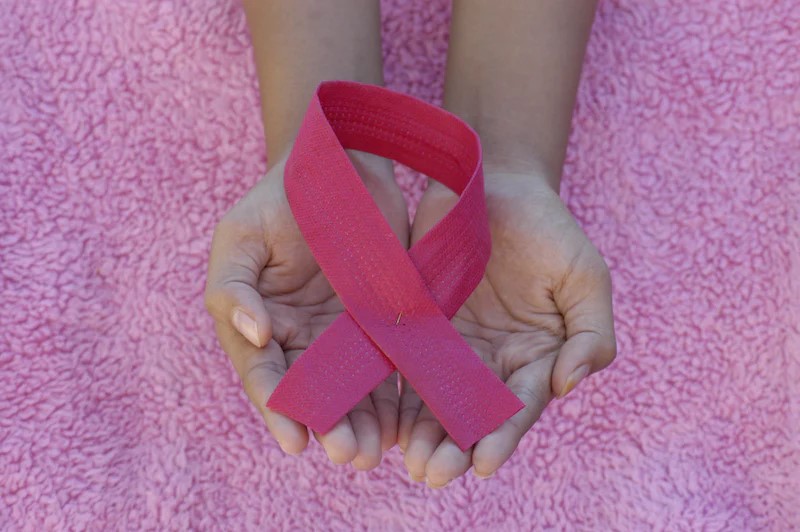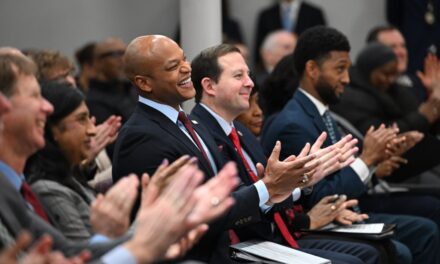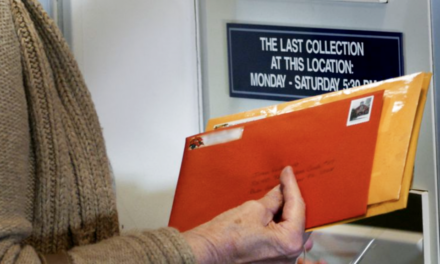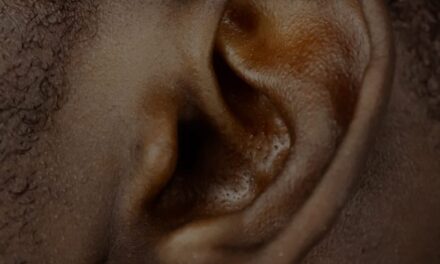By Gene Lambey
Special to the AFRO
Every year in October the country brings attention to National Breast Cancer Awareness Month. The symbol that signifies support for National Breast Cancer Awareness Month is a pink ribbon. This ribbon represents not only support for those that have died of breast cancer, but to the survivors of it as well.
The AFRO brings attention to National Breast Cancer Awareness Month through supporting local breast cancer organizations within the D.C., Maryland and Virginia (DMV) areas.
In D.C. breast cancer is one of most commonly diagnosed cancers in women. In a 2018 study from DC Health, breast cancer has the highest mortality rate of cancer deaths in the District.
Women across the United States have a high risk of breast cancer. Men can develop breast cancer as well but the chances are significantly lower.
In a statement from the American Cancer Society, in the United States, the average risk of women “developing breast cancer sometime in her life is 13 percent.” This means that a woman’s odds of developing breast cancer is a 1 in 8 chance.
Breast cancer occurs when breasts cells begin to mutate and multiply erratically, causing tumors to form from those cancerous cells. The cancer cells can break away from the breast and spread throughout the rest of the body.
In this same study from the American Cancer Society, breast cancer is the most common type of cancer that women can develop next to skin cancer.
The National Breast Cancer Foundation presented statistics on breast cancer cases in 2023. Their statistics claim that “ an estimated 297,790 new cases of invasive breast cancer will be diagnosed in women in the U.S.”
Breast cancer is more likely to happen in women around the age of sixty, however younger women can contract it as well. It is more dangerous in younger women below the age of forty. Out of all ethnic groups, Black women have the highest rate of contracting breast cancer.
Black women are more prone to contracting a more serious variant of breast cancer called triple negative breast cancer. This form of breast cancer affects one in five Black women and is harder to treat according to the American Cancer Society.
The mortality rate for women that have contracted breast cancer is one in 39 or a 2.5 percent chance of death from breast cancer.
The AFRO spoke with Ricki Fairley, CEO of Touch, Black Breast Cancer Alliance of Maryland. It’s a breast cancer organization working to support Black women. She spoke on the importance for women to regularly check their breasts for lumps or any sort of pain.
“In our efforts to advance the science, we’re basically trying to get more Black women into clinical trial research. We’re not going to get better drugs, unless they are tested on our bodies,” said Fairley. “We put out a big education campaign about a year and a half ago called ‘When We Trial,’ and we made a bunch of videos from a lot of research that basically have ‘breastie,’ women like me, who are voices of trust in our community, talking to other ‘breasties’ about the science.”
The goal within her organization is to provide resources and information for women on how to take care of themselves.
“We educate Black women, teach Black women and equip them with the tools they need to demand the care they deserve. I feel responsible as a survivor to educate my peers because I don’t want anyone to die of breast cancer, but I want mortality rate parodied for Black women,” Fairley shared.
Touch, Black Breast Cancer Alliance has several programs within their organization to help Black women with their or a loved one’s breast cancer. Fairley mentioned her programs such as For the Love of My Girls, which educates young Black women about breast cancer and breast health. Fairley also mentions her web series and podcasts such as the Black Doctor and the Pink Table Talk. These web series and podcasts educate Black women of all ages about taking care of their health and giving them an outlet to speak and be heard about their condition.
Fairley’s organization does have access to free screening for breast cancer at their events.
Fairley spoke on her personal journey with breast cancer which she believes was caused by stress.
“I was diagnosed with stage 3A triple negative breast cancer– the worst one. I did a double mastectomy. I did six rounds of aggressive chemo, standard of care chemo. I did six weeks of radiation,” said Fairley. “My doctor said to come back in two months and we’ll scan you. So I’m back in two months. It was almost exactly a year to the day of my first diagnosis and they found five spots on my chest wall. My doctor said ‘Okay Ricki, you are now metastatic. You need to get your affairs in order. We don’t have any more drugs for you. You have about two years to live.’”
Fairley found the Triple Negative Breast Cancer Foundation through online research. She contacted them and was able to find a doctor at Emory University Hospital in Atlanta, GA. At this time, there were very few doctors who were knowledgeable about triple negative breast cancer. Fairley had gone under clinical trials at Emory, testing experimental drugs for her triple negative breast cancer, along with continued chemotherapy. She has been cured for twelve years now.
The AFRO also spoke with Thelma D. Jones, CEO of the local Thelma D. Jones Breast Cancer Fund. She spoke with the AFRO about her story of fighting breast cancer and her mission to help those that have been affected by this disease.
“Our mission is to advocate and improve the overall health and wellness of men, women and young girls. Through support, education, and outreach to help reduce the incidents and mortality rates of breast cancer. We do this by using the best biomedical and evidence-based information to ensure that women are being served properly. Our vision is to save lives and basically embrace and achieve a world free of breast cancer.”
Jones’s organization, the Thelma D. Jones Breast Cancer Fund, has several programs to assist those who have been or know someone who has experienced breast cancer. The Thelma D. Jones Breast Cancer Fund hosts a monthly support group meeting. Women and men are encouraged to attend the meeting to gain support, education and knowledge on breast cancer from the best health professionals and doctors in the country under this program. Topics such as fitness and nutrition are discussed in this program.
The Thelma D. Jones Breast Cancer Fund does not have free screening for breast cancer at their events, however they are able to recommend locations and transport patients to their local clinic or hospital for their appointments. Jones mentioned that this service provided under her organization is called the Patient Navigation Service. The Thelma D. Jones Breast Cancer Fund is closely tied with breast cancer organizations and hospitals such as Howard University Cancer Center, Georgetown Lombardi Cancer Center, George Washington University, The American Cancer Society and the American Cancer Society Cancer Action Network.
Jones, just like Fairely, is a breast cancer survivor.
“In June of 2007, I was diagnosed with a rare and aggressive form of breast cancer, a late stage 3D and it is considered rare because in this country, according to my doctor, 95 percent of the women that develop breast cancer, doctors know the origin or source of it,” said Jones. “At the time I was diagnosed, they were unable to determine the source of my breast cancer. It [was] aggressive in the sense that I am HER-2 positive. HER-2 positive is an aggressive form of breast cancer with a high rate of recurrence. Fortunately, I am still in remission since 2007, but I underwent aggressive treatment for this cancer. I underwent several rounds of chemotherapy from July to October to shrink these large matted-together tumors that I had.”
Breast cancer organizations around the United States, just like Touch and the Thelma D. Jones Breast Cancer Fund, continue to support Black women who need the support and encouragement in their fight against breast cancer.
Here is a list of sources under both of these organizations.
Touch, Black Breast Cancer Alliance sources
- www. touchbbca.org
- www.whenwetrial.org
Thelma D. Jones Breast Cancer Fund
- tdjbreastcancerfund.org
The post D.C. organizations spread awareness on impact of breast cancer on Black women appeared first on AFRO American Newspapers .










